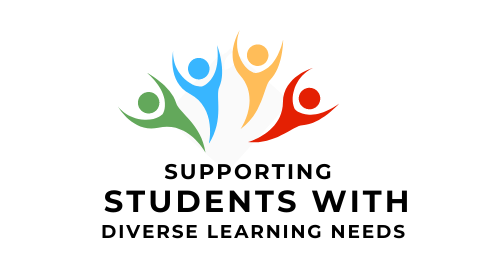Students with disabilities experience some challenges that are unique, but they also experience many challenges that are shared by the majority of college students.
Look again at the case-study for Katie, a student with bipolar disorder.
Download/print the Bipolar Disorder Activity Worksheet (doc) and fill it out.
Consider this – How could you adapt your classroom environment to accommodate the issues shared by a student with bipolar and many other students?
Heres a few suggestions:
- Provide all assignments and deadlines at the start of the term, so that students can plan their time. Provide choices of assignments.
- Create a classroom environment that reduces stress, promotes safety, and enhances cooperation rather than competition.
- Have open lines of communication with students, so that concerns can be raised early, before they become serious.
Activity Details:
Download/print the Bipolar Disorder Activity Worksheet (doc) and ask participants to fill it out after watching the video.
Group Discussion Question:
How could you adapt your classroom environment to accommodate the issues shared by a student with bipolar and many other students?
Suggested Answers:
- Provide all assignments and deadlines at the start of the term, so that students can plan their time. Provide choices of assignments.
- Create a classroom environment that reduces stress, promotes safety, and enhances cooperation rather than competition.
- Have open lines of communication with students, so that concerns can be raised early, before they become serious
Unique Characteristics of Students with Disabilities
Despite many similarities among students with and students without disabilities, it is helpful to be aware of some unique characteristics of students with disabilities as well.
- Students with disabilities experience the same adjustment as all students but often need to make more academic or social adjustments
Click on each accordion to expand and learn more.
